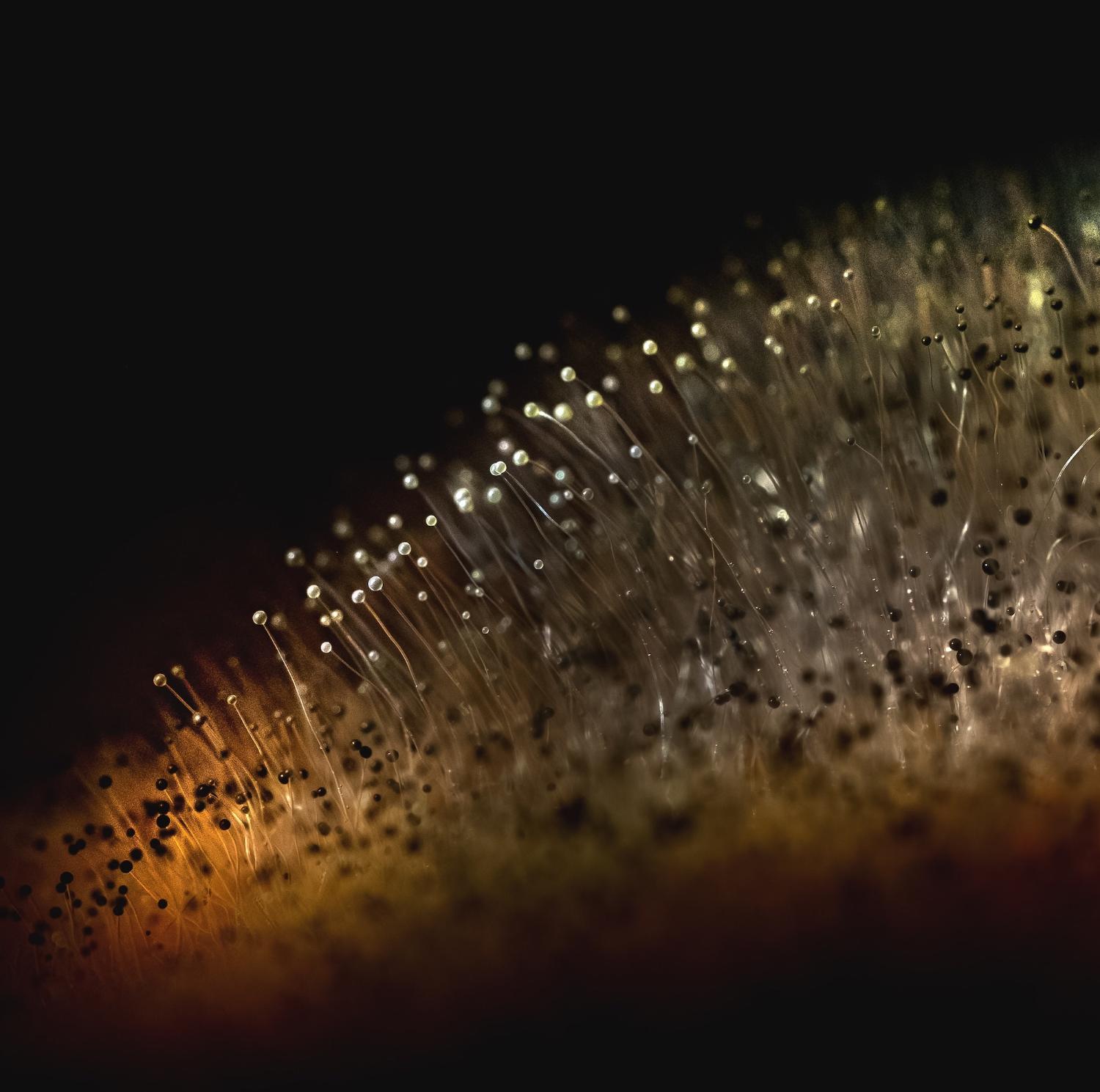UiT miljøhumaniora #20 : Fungal Pasts, Soil Futures – A Project Intro-discussion


There is something underfoot. They were not there recently. Yet, seemingly overnight, they sprouted up above the surface and forced the world to notice. The mushrooms are here, and they are having a moment. Over the last decade, there has been a flurry of research activity around fungi tracing their capacity to live outside and parallel to our economic systems, create worlds, promote ecological stability and health, facilitate citizen science conservation initiatives, and be used as material for art, clothing, furniture, and building material. Yet at the same time, fungi are still seen as a threat to everything from human heritage and health, integrity of buildings, and even evoking fears of a zombie apocalypse (see HBO’s recent hit series The Last of Us).
This UiT Environmental Humanities seminar echoes and nuances these trends by introducing a new postdoctoral research project by one of its long-standing members. The research project, slated to start in June 2023 within University of Oulu’s Biodiverse Anthropocene’s program will explore the fungal lives of ruins – what unique fungal ecologies are enabled by contemporary ruins and how do those fungal ecologies create alternative futures within this period we call the Anthropocene. The seminar will be a discussion on the project, it’s goals, timeframes, and ideas. It is meant to stimulate discussion on the role of fungi in our world and stimulate ideas for further directions of research both within the scope of the postdoctoral position and beyond. All are welcome to attend.
Readings (please email anatolijs.venovcevs@uit.no for pdf copies of the readings):
Tsing, A. 2012. Unruly Edges: Mushrooms as Companion Species. Environmental Humanities 1:141-154.
Venovcevs, A. 2023. Research plan.
Header image by Zoltan Tasi on Unsplash